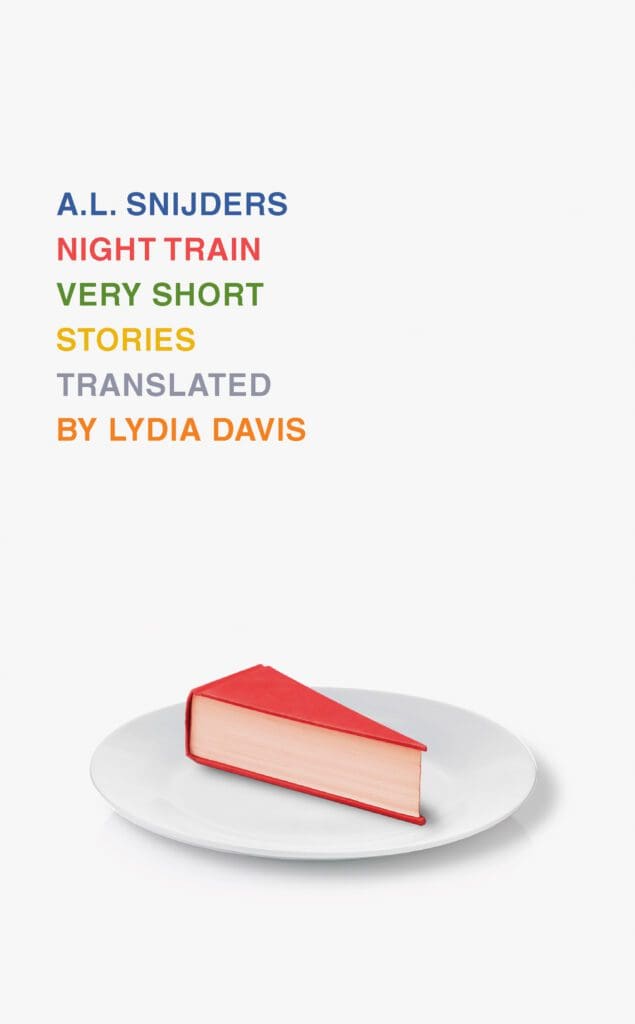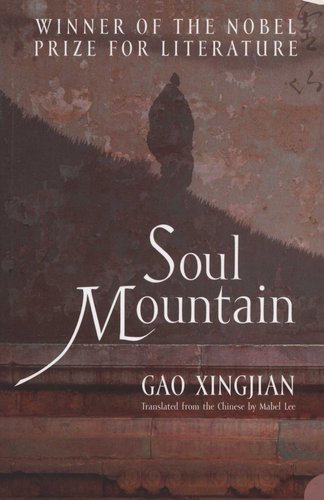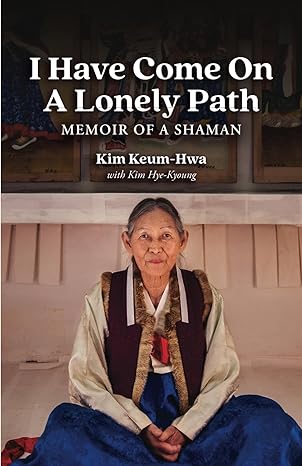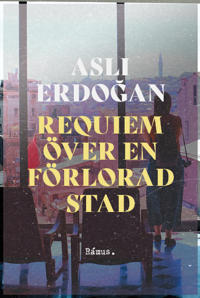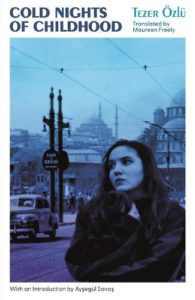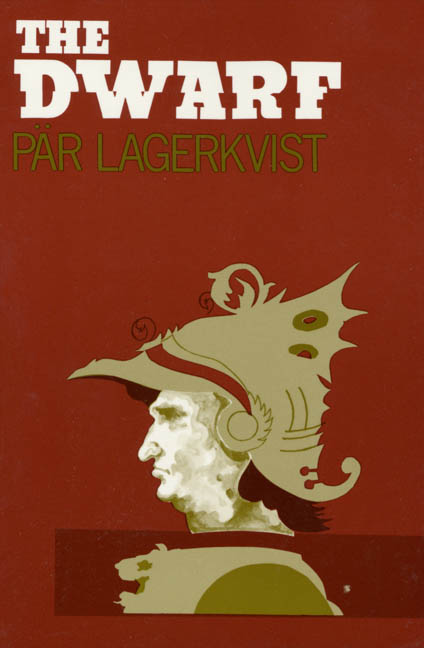I’m a big fan of email newsletters. Everyone gave up on RSS feeds, apparently, but now email newsletters are making a comeback. Or maybe they never left, who knows. I’m a big fan of LitHub, which keeps me up to date on at least some of the happenings in the literary world. This is how I stumbled on Izumi Suzuki and news of her first translation into English in 2021 through Verso Books, titled Terminal Boredom. Now in 2023 another collection has been published (Hit Parade of Tears), and the Austin Feminist Sci-Fi Book Club made Terminal Boredom a read for March.
While I can’t comment on the quality of the translations qua translations, it would probably be fun to compare them against each other, as six translators were engaged for the seven stories in the collection: Polly Barton, Sam Bett, David Boyd, Daniel Joseph, Aiko Masubuchi and Helen O’Horan.
There are similarities to Murakami (references to music are deeply embedded in the stories) and Oyamada (the mood in Terminal Boredom is about as queasy as Weasels in the Attic). I wouldn’t be surprised to find out that Suzuki was an influence on both of them; in particular, it’s worth noting that Murakami and Suzuki were exactly the same age, and Murakami would have owned a jazz club for the same period of time Suzuki was married to avant garde jazz saxophonist Kaoru Abe. A cursory internet search didn’t turn up anything linking the two biographically but I expect I’d have to go excavating in Japanese to really find out more.
Somewhere in all of the hasty background reading I did for this entry I saw Suzuki’s work described as “SF short stories of manners,” which I’d argue rises above being merely a disservice to becoming a gross misunderstanding, but maybe that was a reference to work that’s not in the Terminal Boredom collection. (For an actual science fiction novel of manners, I would direct your attention to The Sky is Yours.) A blurb on the back compares Suzuki to Ursula K. LeGuin, which is a much more apt comparison. Our disaffected protagonists live in a variety of dystopias, some on Earth and some on other planets. All of these dystopias reflect and magnify troubling dynamics we already see today: hyperpatriarchal norms and power structures, overconsumption of mass media, colonialism and its fallout, addiction.
I think one of the problems I have with dystopias is that authors insist on being dramatic and emotive about how terrible this reality is. My personal conspiracy theory is that someone, somewhere along the editorial process (the authors themselves? their editors at the publisher?), knows that the world building in those novels is flimsy and lazy, like a mustache-twirling villain who’s simply evil for no other reason than the author needs conflict in their story. But this conspirator also knows that good world building takes precious time that they don’t have in the consumer capitalist book publishing world, so all of that is skipped in favor of The Rule of Drama. Populate the book with meticulously detailed, almost comical misery and punctuate it with emotionally-charged scenes to paper over the shoddy groundwork. The Hunger Games is a great example of this. Lots of drama, lots of pathos, but if you stop and think about the actual logic of the world for more than five minutes, you realize it doesn’t make a lick of sense.
The Rule of Drama does not apply to Suzuki’s stories. Pathos is minimal; emotions are most often muted, which makes actual teary moments stand out. There is no litany of “here are all the terrible consequences waiting for you in this world”; they are gestured to when relevant and left largely to the imagination. The result is a somewhat ironic city pop vibe, like city pop from hell. The indifferent resignation characters display about their surroundings—flatly accepting their reality as a trivial matter of fact instead of being wild, passionate rebels advocating for change—is ironically enough what makes the dystopia land and feel real. As a result, the setting has enough internal consistency to stand up to the five minutes of thought under whose weight The Hunger Games collapses.
That said, the language itself in all of the stories felt a bit stilted and clunky. It was present in some more than others, so it becomes hard to know if it’s a variation in the source material or a variation in translator. It’s also similar to the prose in Weasels in the Attic, but since that was translated by one of the translators in this collection, it’s hard to ascertain whether it’s a similarity in writing style, a quirk of translating Japanese to English generally, or a personal choice of that particular translator.
In the end Terminal Boredom was one of those “eat your vegetables” books for me. From a larger, overall perspective: yes, more overlooked writers translated into English, objectively good thing, especially overlooked women writers. To that end, my aesthetic response to the book doesn’t even matter.
On a personal level, I still think it was definitely good for my bookish self to have read Terminal Boredom. Whatever the prose, it’s still full of lots of good ideas, the kind that are fodder for kickstarting other people’s imaginations. It’s also a quick read; none of the stories are overly long or meandering because Suzuki gets right to the point in all of them. I’m even curious enough to look up Hit Parade of Tears. But I didn’t walk away from this with a new favorite short story, either.

